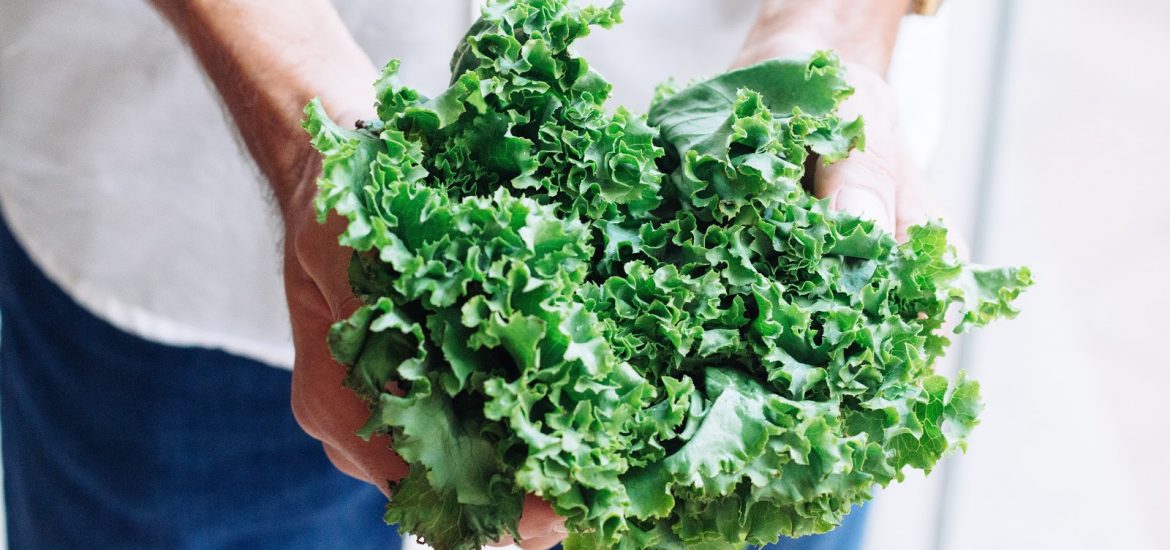It’s hard to find anyone who hasn’t heard about the infamous keto diet, but not many have heard of the vegan way to do it. Simply put, you mix two of the most healthy diets and take in twice the benefits. You may wonder how this works since both eating styles seem to be opposite extremes of each other. While the keto diets are high-fat and high- protein diets that commonly involve eating lots of meat and animal products the vegan diet restricts any form of meat or animal products. We love to be the bearer of good news- it is possible to follow the keto diet without eating meat. With holistic wellbeing and diets becoming a trend, many vegans have embraced their own take on the infamous keto diet. Let’s break it down for you.
The vegan keto diet comes with a long list of foods that you must eliminate from your diet. In short, vegans restrict animal products and keto restrict carbohydrates. The keto diet excludes nearly all grains and starch such as bread, cereal and pasta, sugars and sweeteners, vegetables, beans and legumes that are loaded with carbs, most fruits and many alcoholic beverages. In addition, the vegan keto diet eliminates all meat and dairy products. And that’s not all. You also need to consider what’s in any sauces, dressings or condiments since most processed foods include high carbs and sugars.
Here’s how you can do this. The vegan keto diet requires you to increase your intake of plant-based fats and proteins and eliminate all carbs. Clearly, it’s not easy but, if done right, it sure can be worth the effort and refrain. Here are some of the foods that you can include in your vegan keto diet. Vegetables like cauliflower, asparagus, broccoli, zucchini, spinach, kale, lettuce and cucumbers. Fruits such as blueberries, tomatoes, cranberries, lemons and limes. Nuts such as walnuts, pecans and macadamia. Nut or seed butters, for example, almond butter or peanut butter. Healthy oils including almond oil, olive oil, avocado oil or flaxseed oil. Seeds like pumpkin, sunflower and chia seeds and lots of plant based fats including coconuts, avocados and olives.

If you’re still willing to commit, let’s go over some benefits of embracing the vegan keto lifestyle.
Availability of Vegan Keto-friendly Foods
The vegan keto diet is made up of two very restrictive diets that emphasize on the many foods that you should not eat, leaving you with limited choices. However, with diets and healthy living gaining remarkable popularity around the world, plenty of vegan keto foods are becoming more and more readily available. This makes following the diet much easier, increasing the likelihood of you sticking to it. Several vegan and keto friendly snacks, energy bars and fitness supplements that are now readily available in the markets. One such vegan supplement is the 4 Gauge which increases your energy, endurance and muscular strength without the guilt of added sugars or preservatives. You can find a full analysis of 4 Gauge here.
Enhances Weight Loss
Time and again, both vegan and ketogenic eating styles have been associated with weight loss and lowering coronary heart disease. Vegan diets are known to be the most efficient for those who are trying to lose weight. In fact, research indicates that people on the vegan diet have an overall tendency to be slimmer and have lower BMIs. You should also check-out these fat burners for vegans if you’re looking to shed some weight quickly.
Increase in Protein
Vegans merging the keto diet into their eating styles often do themselves a favor since the keto diet focuses on eating enough protein. Plants are a great source of protein, but eating the keto way can ensure you eat enough of it. The challenge, however, lies in finding plant based protein that isn’t high on carbs.
Long story short, the vegan keto diet is a high fat and low carb diet that emphasizes on including unprocessed, whole, plant-based foods in your diet. When done right, research indicates that the vegan and keto diet can enhance weight loss and improve heart health without leaving you lacking any nutrients. However, in order to meet all your nutrient requirements, you must increase your intake of protein, iron, vitamin B12, vitamin D and amino acids. Taking additional supplements may be beneficial to prevent nutritional deficiency. We recommend seeking medical and professional advice before making any major alterations to your existing eating style and to determine whether this diet is ideal for you in the long run.

